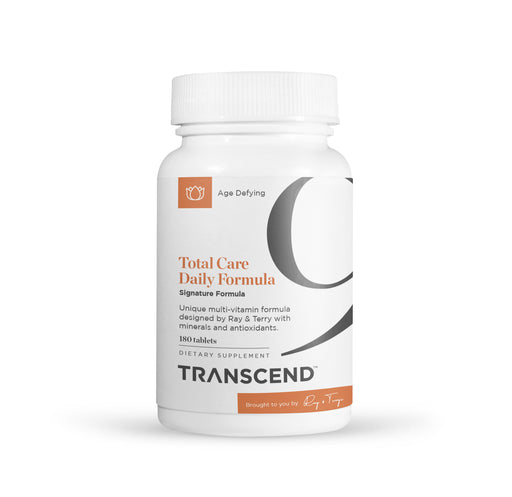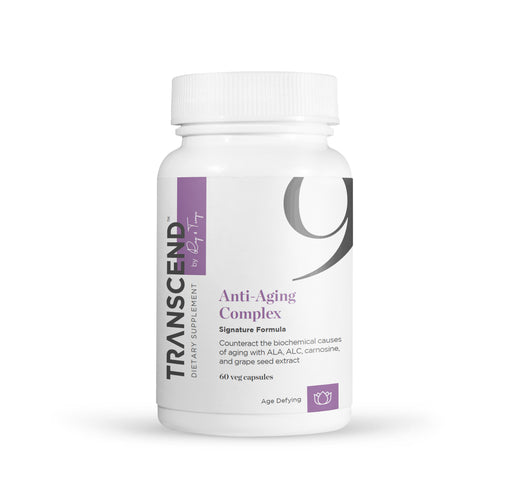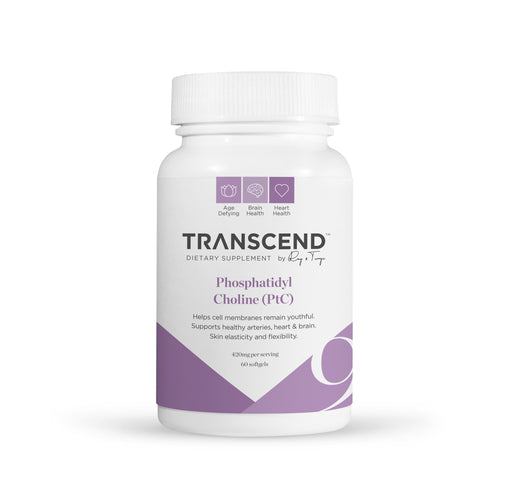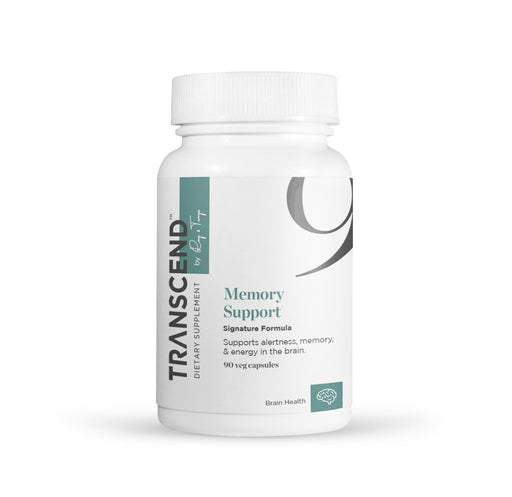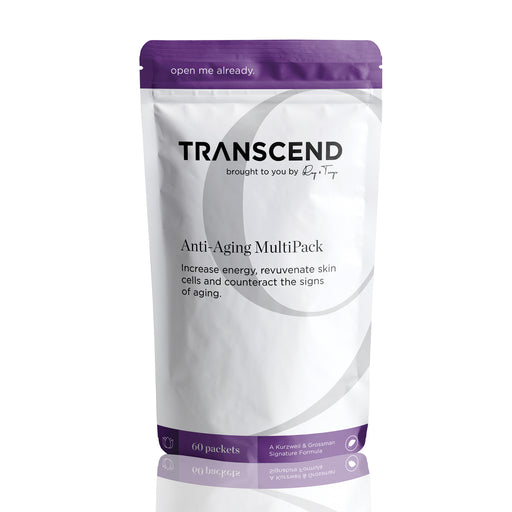L-Arginine
- Lower blood pressure
- Improve blood flow in the heart and brain
- Help reduce atherosclerosis
- Support blood vessel health
- Enhance sexual function in men
Nitric oxide, manufactured in the linings of blood vessels, is a potent vasodilator - i.e., an agent that can increase the diameter of the blood vessel, allowing more blood to flow. By dilating arteries, more blood flow is available to tissues. Beneficial effects of arginine supplementation include better blood flow to the heart and brain, lower blood pressure and better erections in men. By taking supplemental arginine, you can ensure that adequate raw material is on hand for NO synthesis.
Exercise, particularly intense exercises like sprinting, demands additional energy from the body. This energy need produces additional lactates, which can increase muscle pain. Arginine supplementation enhances exercise endurance while it reduces the heart rate and reduces circulating lactates.2
l-Arginine is found in protein-rich foods such as meat and fish. The average Western daily diet contains 5 grams of l-Arginine, much of which comes from red meat consumption. Kurzweil and Grossman generally recommend 3-6 grams of arginine per day.
Other Ingredients:
Gelatin (capsule), Magnesium Stearate (vegetable source) and SilicaWARNING:
Should Not be Taken After a Heart Attack. This supplement should be avoided by persons with glaucoma or herpes simplex unless othewise prescribed by a physician. Do not use if you have had a myocardial infraction or have established coronary artery disease.Dosage:
Take 2 capsules one to three times per day. Adjust dose based on approximate amount of meat eaten (vegans should take up to 4 capsules three times per day).Ray & Terry's l-Arginine contains 100 capsules per bottle. Each capsule contains 500mg of l-Arginine.
A number of studies have demonstrated that arginine supplementation can be of benefit to patients with cardiovascular disease, and arginine supplementation has been recommended to patients with angina, hypertension and heart failure. One clinical trial, however, Patients for the Vascular Intervention with Age and Myocardial Infarction (VINTAGE MI), appeared to demonstrate an increased risk of death among patients who had recently suffered a myocardial infarction and were on arginine supplementation. This double-blind, placebo-controlled trial involved 153 patients In six months there were six patient deaths among the group given 9 g of arginine daily, while they were no deaths in the placebo group. These results appeared to be the opposite of findings published by Nobel prize winner Louis Navarro who has published a number of papers linking arginine supplementation with improved cardiovascular health. To firmly establish the validity of these findings, additional confirmatory studies need to be conducted. Until such time, it is our recommendation that patients who have recently suffered a myocardial infarction (heart attack) not take arginine supplementation.
- Mabalirajan U. et al. "l-Arginine reduces mitochondrial dysfunction and airway injury in murine allergic airway inflammation." Int Immunopharmacol. 2010 Sep 11.
- Doutreleau S. et al. "Chronic L-arginine supplementation enhances endurance exercise tolerance in heart failure patients." Int J Sports Med. 2006 Jul;27(7):567-72. http://www.ncbi.nlm.nih.gov/pubmed/16802253.





